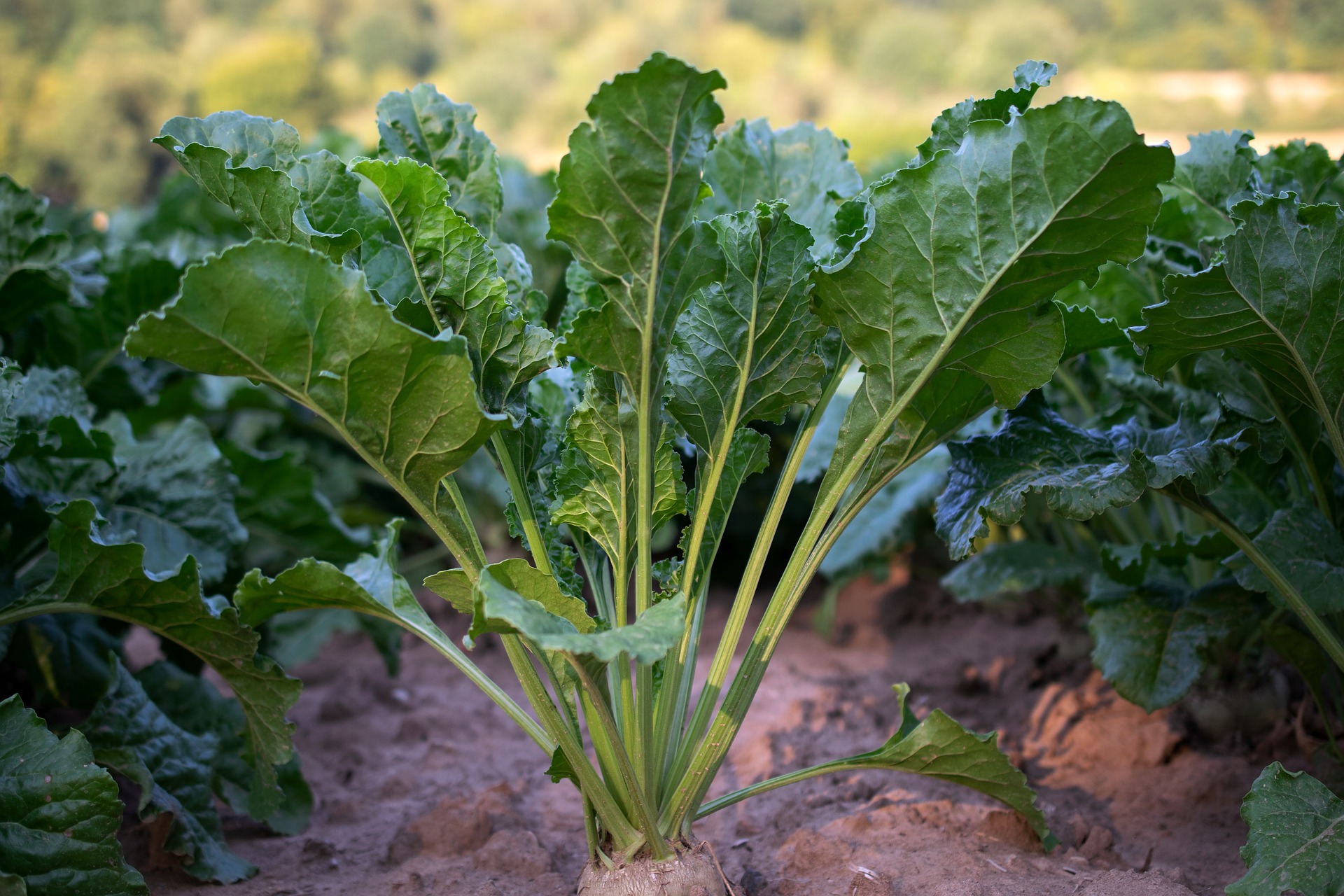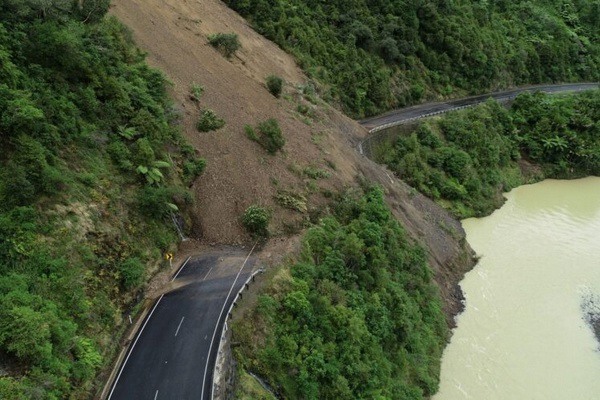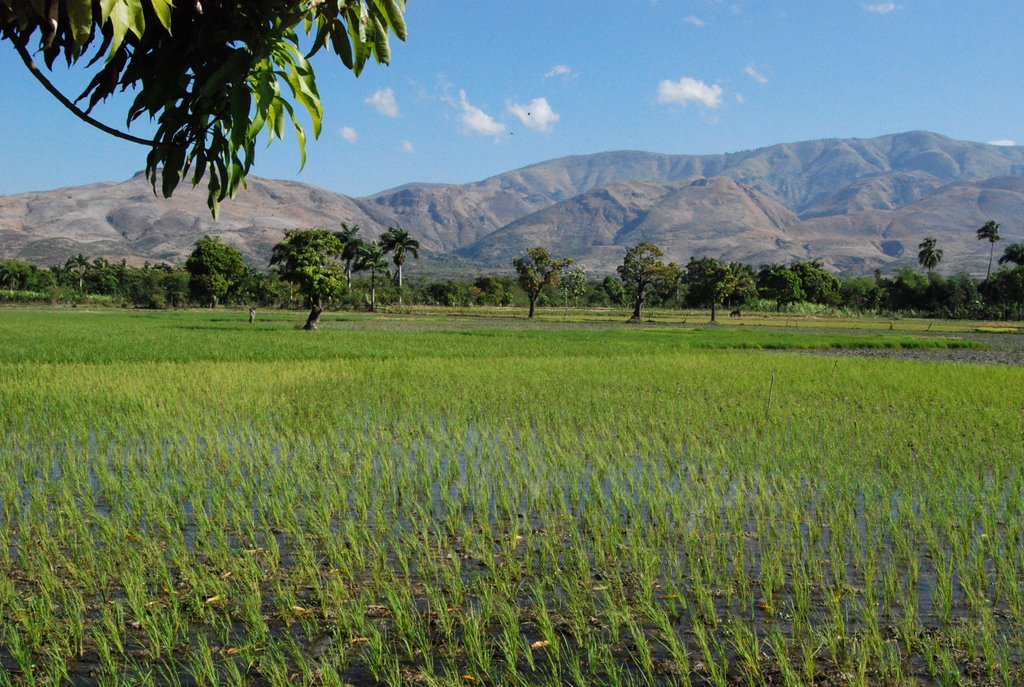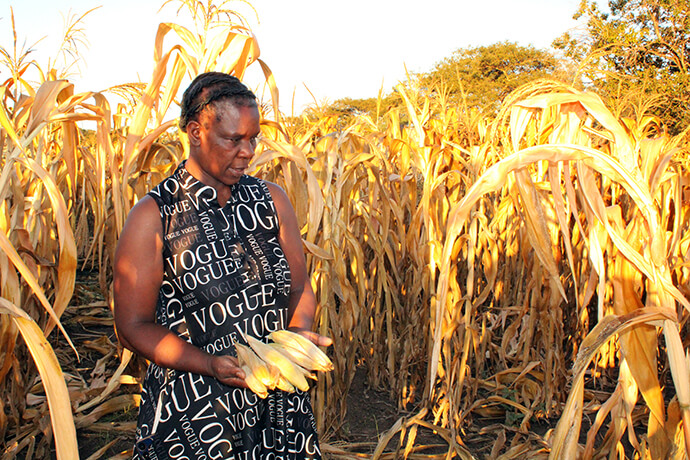Sugar beet growers have until 1 February to opt in for yield protection cover that will guarantee payment for 80% of expected yield if next season’s crops suffer any yield losses.
Whether it is virus yellows, cercospora, beet moth larvae or weather-related issues, the cover unveiled by British Sugar aims to help growers mitigate the risks of growing the crop.
Cover costs £1.50/t and will see a payment for 80% of a grower’s contract tonnage entitlement or area sown multiplied by their five-year average yield at the net price of £38.50/t.
British Sugar said this would total £28.5m for a 95,000ha crop.
Eligibility
Any grower who offers tonnage on the 2023-24 one-year contract, the 2023-24 futures-linked contract, or who has upgraded their existing multi-year contract to £40/t in 2024-25 is eligible.
Growers can opt in for the cover by 1 February 2023 via the contract offer screen in the My British Sugar portal. To qualify, they must:
- Make an accurate crop area declaration in 2023
- Clearly demonstrate they have seed at a minimum of 1.15 units/ha via invoices
- Complete drilling by 1 June 2023
- Not sell declared sugar beet elsewhere if they produce less than 80% of their expected crop.
Daniel Green, agriculture director at British Sugar, explained that the cover provided growers with a level of back-up should their crop be affected by any yield losses.
“Our new yield protection provides a safety net for growers against any type of yield loss that could affect the crop in 2023, giving them confidence that they will get paid for at least 80% of their expected crop,” said Mr Green.
Farmer views
Edward Vipond, Troston Farms, Suffolk
Suffolk farm manager Edward Vipond welcomed the yield cover from British Sugar and has signed up for next year’s scheme. However, he said it was a touch of “jam tomorrow”, when problems need addressing this harvest.
Sugar beet yields are down 20t/ha this harvest at Troston Farms, where Mr Vipond blamed infestations of beet moth larvae and summer drought conditions for the crop’s poorer performance.
Crops are currently averaging 60t/ha with a sugar content between 16-16.5%, considerably down from the farm’s five-year average of 80t/ha and optimum sugar yield of 18%.
“The yield protection is a benefit, of course, but with yields already down due to the unprecedented beet moth infestation, more needs to be done.”
He is certain that 100% of his 130ha beet crop was infected and, with no means of controlling the pest, the likelihood of the problem occurring next year concerns him.
“We are harvesting badly infected crops earlier to take the first loss and are consequently ahead of our lifting schedule, with 65% of the crop harvested, compared with 50% in a typical season.”
The worst-hit areas yielded as low as 50t/ha and he said some growers in the area had yields as low as 20-30t/ha. One 26ha block of irrigated land performed better, with yields hitting 80t/ha plus.
It is suspected the extra supply of water enabled crops to withstand pest attack, while crops that wilted in the heat took more of the brunt.
“This is a really challenging time. Lower-yielding crops do not cost any less to grow, but have greater production costs. I encourage the yield cover, but I remain cautious,” he said.
Andrew Wilson, Castle Howard Estate, North Yorkshire
Further north, beet grower Andrew Wilson explained that yield insurance was less tempting due to lower pest and virus pressures.
With a 10-year yield average of 111%, his contract is comfortably filled. Yield records reveal only two occasions when this was not met, meaning the average payout is unlikely to cover the premium.
Frost poses a bigger threat, particularly later in the season, after the frost insurance cover stops, but the last time this was an issue was in 2010.
“It is the resilience of the crop that keeps us growing it, even though the returns, until recently, have been meagre.”
Source - https://www.fwi.co.uk













